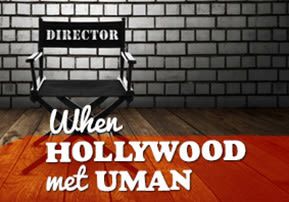
When Hollywood Met Uman
Hollywood director Paul Mazursky directed his final movie, Yippee, about the annual Breslever Rosh Hashanah gathering in Uman. Yippee was one of the only films in Hollywood history that’s actually an act of teshuva (repentance).

One of the unlikeliest pieces of Hollywood trivia is that famed director Paul Mazursky, who died on June of 2014 at age 84, ended up directing his final movie about the annual Breslever Rosh Hashanah gathering in Uman.
Self-described as “secular” but “very Jewish,” Mazursky was one of Hollywood’s most innovative director-screenwriters in the late 1960s through the 1990s (film critic Richard Corliss once dubbed him “the filmmaker of the ’70s”). Earning five Academy Award nominations, Mazursky was best known for creating such groundbreaking films as Bob & Carol & Ted & Alice (1969), Harry and Tonto (1974), An Unmarried Woman (1978), Moscow on the Hudson (1984) and Down and Out in Beverly Hills (1986).
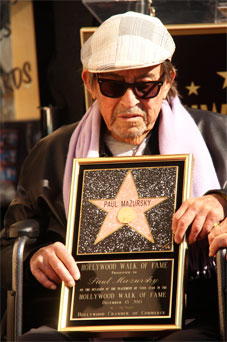
I had been an admirer of Mazursky’s satirical take on the excesses of American life by the time I landed in Hollywood right after college in the mid-1980s. And when I started working at Paramount Studios, it was by choice that the first shooting script I got my hands on was Mazursky’s Moscow on the Hudson. I devoured it, soaking up Mazursky’s delicate balance of social satire and unabashed earnestness.
Three decades later, it amazes me that this Hollywood icon would crown his directorial career with a feature film about tens of thousands of Jews converging on the small Ukrainian city of Uman where Rebbe Nachman of Breslev is buried.
Perhaps even more surprising is that this assimilated Jewish filmmaker from Beverly Hills, known for his sarcastic wit, would portray the Uman gathering with respect, if not reverence. And a lot of joy.
When Mazursky decided to make a film about the annual Uman pilgrimage, it was 2005 and he hadn’t made a feature film since Faithful in 1996. Not that it was by choice. At seventy five, he intended to continue working and had even written a stack of screenplays, but movie studios refused to produce them. Mazursky blamed ageism.
So Mazursky decided to produce and direct a film without the studios. With a $40,000 budget that came from his own pocket and a small crew that included his son-in-law on second camera, he set out on his journey to Uman for Rosh Hashanah. And it all started with a conversation with his eyeglasses guy who had been going to Uman for Rosh Hashanah every year and told Mazursky about it. He, along with a Los Angeles-based Chassidic rock musician, told Mazursky, “When you go there [to Uman], you’ll experience something we can tell you in words but it’s not the same.” He would have to experience it himself.
For Mazursky, traveling to Uman was a personal journey; his maternal grandfather escaped Ukraine’s violent antisemitism in 1905. And his film, his first documentary, chronicled this journey with himself as the protagonist on a quest for his ancestral roots, for truth, for meaning and for joy.
Mazursky called his film Yippee: A Journey to Jewish Joy, taking the word “Yippee” from Rabbi Elchonon Tauber of Los Angeles who appeared in the film and said, “Very few people get up in the morning and scream, ‘Yipee! I’m alive!’”
Surprisingly,Yippee is a film bursting with Jewish joy (hence its subtitle). It’s also a film of contrasts. Mazursky briefly juxtaposes the shabby drunkenness of Oktoberfest in Munich during his five-hour layover, as well as the stiff celebratory Ukrainian parade of Uman Day that happened to take place during his trip, with the sincere spiritual joy of tens of thousands of Breslevers on Rosh Hashanah.
Yippee, with Mazursky as its star, is also a contrast between Hollywood and Breslev, and by extension, between materialism and spirituality.
The one scene in Yippee that especially reveals this Hollywood vs. Uman disparity has Mazursky standing on Uman’s Pushkina Street crowded with Jews preparing for Rosh Hashanah. Mazursky introduces himself to a Chassid dressed in the traditional black hat, caftan and beard.
With the delivery of a stand-up comic (which he was in his early days in show business), Mazursky says, “My name is Paul Mazursky, I’m a famous movie director.” It’s clear the Chassid never heard of him. It’s also clear this Chassid never saw a movie in his life.
Mazursky then asks the Chassid, “Did you ever see Down and Out in Beverly Hills?
The Chassid responds, “Huh?”
This little exchange is where Hollywood and Chassidism meet, revealing a world where getting close to G-d is important and Hollywood isn’t even on the radar.
Having been in both Hollywood and Uman, I found it interesting that Paul Mazursky the famous Hollywood director seemed to instantly melt away into just another of the 25,000 Jews who traveled to Uman that year. All the trappings of Hollywood and Beverly Hills disappeared. Mazursky, like many others, had to scramble for accommodations and ended up sharing a cramped Ukrainian apartment with five other men in the same room. And instead of kvetching, he seemed to enjoy it.
With joy and reverence, Mazursky and his cameras focused on a few of the 25,000 who traveled from all over the world (as well as from the entire spectrum of the Jewish world), sharing meals with them, laughing with them, and joining them in heartfelt prayer. In the film’s most moving scene, thousands of Jews wearing white surround the town’s lake, praying, singing, and dancing on the first day of Rosh Hashanah.
At the end of Yippee, Paul Mazursky made a confession. He confessed that when he was a child growing up in Brooklyn, he used to make fun of the Chassidic kids with their side curls and unusual dress. He also confessed that his trip to Uman did not “convert” him into a religious Jew; he was still secular. But, he said, the trip did cause a change in him. He now felt tolerance, if not love, for Chassidim and would no longer make fun of them.
And this makes Yippee not only Mazursky’s last film, but also one of the only films in Hollywood history that’s actually an act of teshuva (repentance).


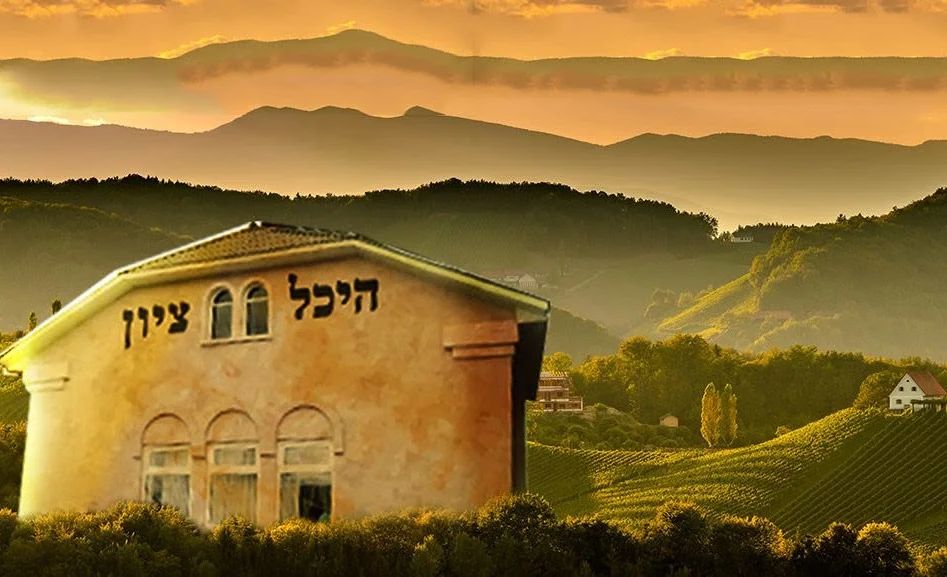
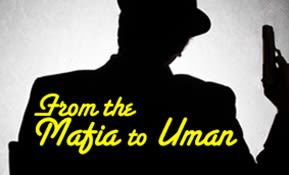

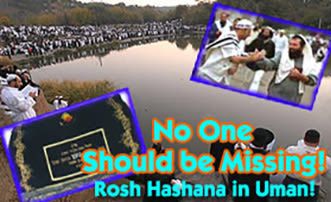
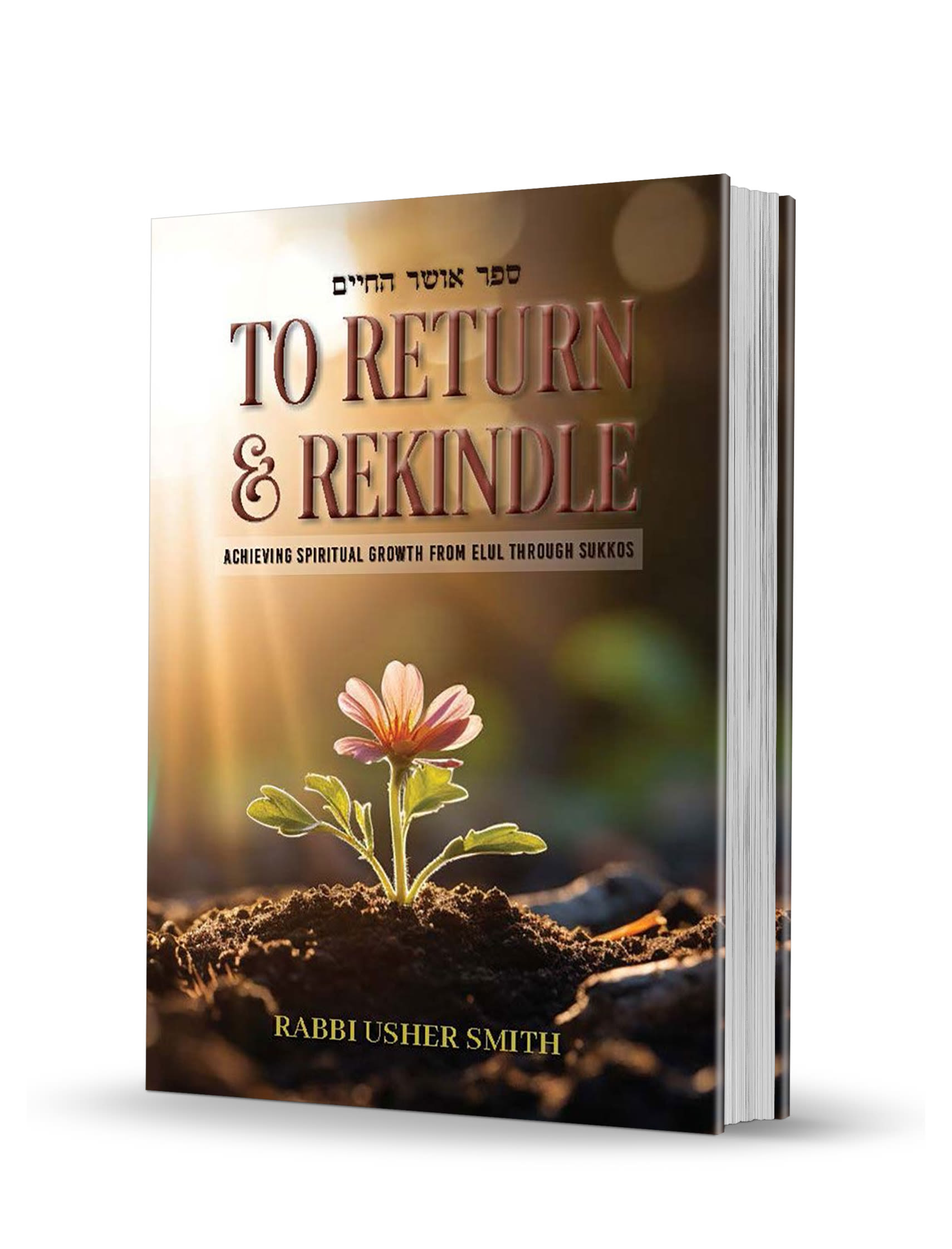
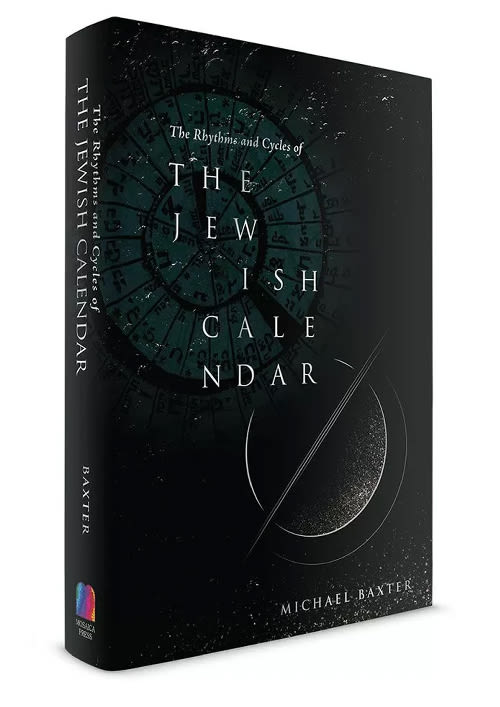

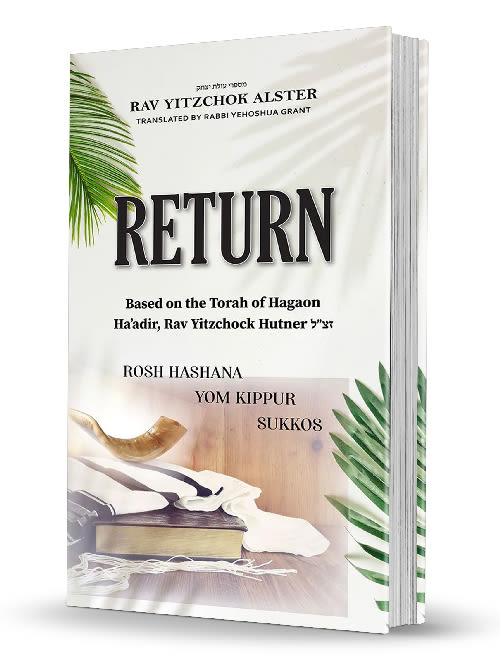
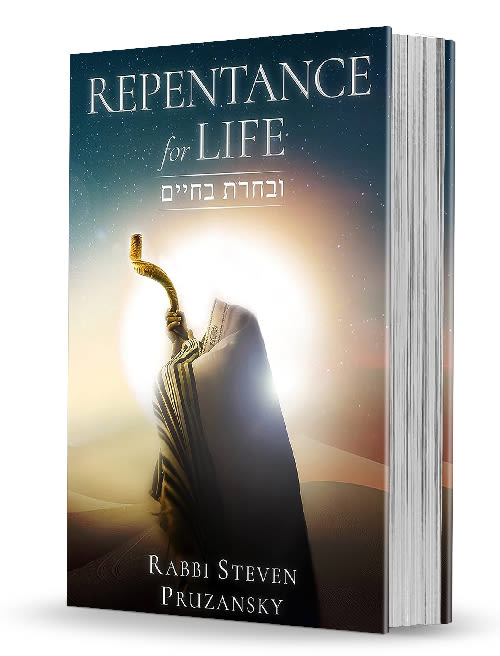
Tell us what you think!
Thank you for your comment!
It will be published after approval by the Editor.